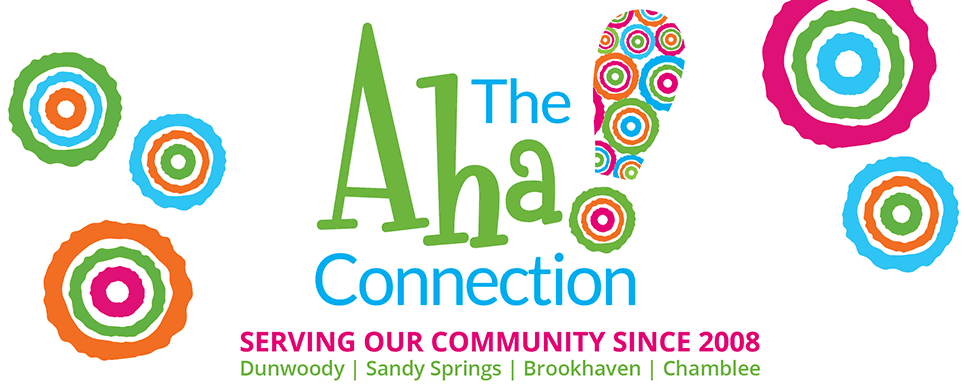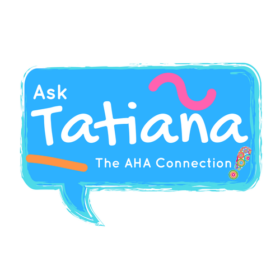Update: In response to several folks asking Tatiana for resources to educate their children before leaving for school, Tatiana has provided the following link:
Dear Tatiana,
My daughter just graduated from high school and is heading off to college out of state next month. We have several friends with kids who are one and two years older and have heard a few stories about older kids with friends or roommates who have had a ton of trouble adjusting to college life for various reasons. Some were just hiccups like adjusting to incompatible roommates or the more rigorous college level classes but others tell stories of Greek hazing, drug use, and even kids coming home mid year because of more intense psychological problems. I’m an unnecessary worrier and I’m sure my daughter will be okay but thought maybe you have advice for me and others with kids going off to college about how to help make the transition smooth and things to look for to make sure she’s adjusting okay (or not).
Thank you so much for your insight during this emotional transition.
Worrying College Mom
Dear Worrying College Mom,
Transitioning into college is an exciting and scary time for young adults and their parents. It is a time of intense change for everyone involved.
One of the biggest mistakes I’ve observed with clients and their parents prior to departure is the belief that a geographic change or a “new start” will cure challenges a young adult has had recently, throughout their high school years or a lifetime for that matter. If an individual has struggled with things like “getting really stressed,” “having a hard time with friendships,” “binge drinking” or “procrastinating” (to a name a few,) the transition is most likely going to magnify those challenges, not cure them.
It’s really important for parents and young adults to be honest with themselves about the rising college student’s strengths and weaknesses going into this next stage. If you know you have a child who has a tendency to struggle in certain ways, brainstorm with them in advance about how those struggles may present themselves in their new environment. Have them write it down and then write down what sort of preventive measures they may take to minimize or eliminate the likelihood of these challenges occurring. Here are some examples of what that may look like. If they have ADHD or a learning disability, have they applied to disability services to identify what accommodations and support services are available to them? If they tend to get anxious, have them show you how they may chunk and schedule assignments and self-care in a balanced way. If they tend to isolate socially, have them identify three ways they may connect with their peers on a college campus.
Every college age adult needs to know how to identify the symptoms of anxiety and depression prior to their departure for school. Have your young adult post those symptoms and a list of steps they will take if they identify any of those symptoms in themselves while at school somewhere they can reference. (In the notes section of their phone is good.) In addition to this, make sure they have the college counseling department phone number in their phone and that they know where it is on campus.
Finally, it is important to remember that if your adult child changes their mind and is not ready to leave in August, it is OK to shift gears. A delayed departure with a solid foundation or a complete change in direction that better meets the needs of the young adult is more likely to create the results one is looking for. There are many definitions of success and mental health is at the top of the list!
Best,
Do you have a question for Tatiana? Learn more about her weekly Aha! Advice column here.
Contact:
Tatiana Matthews, LPC
tatiana@theahaconnection.com







